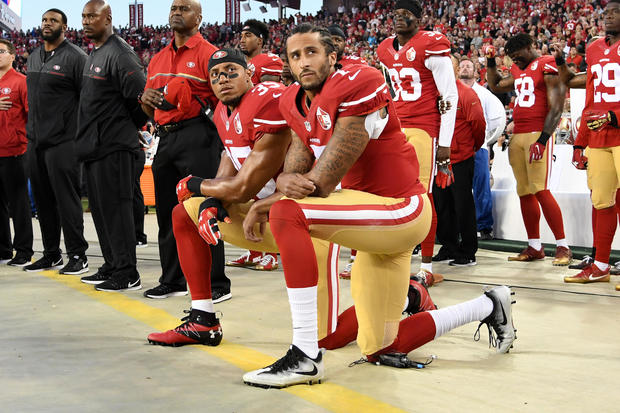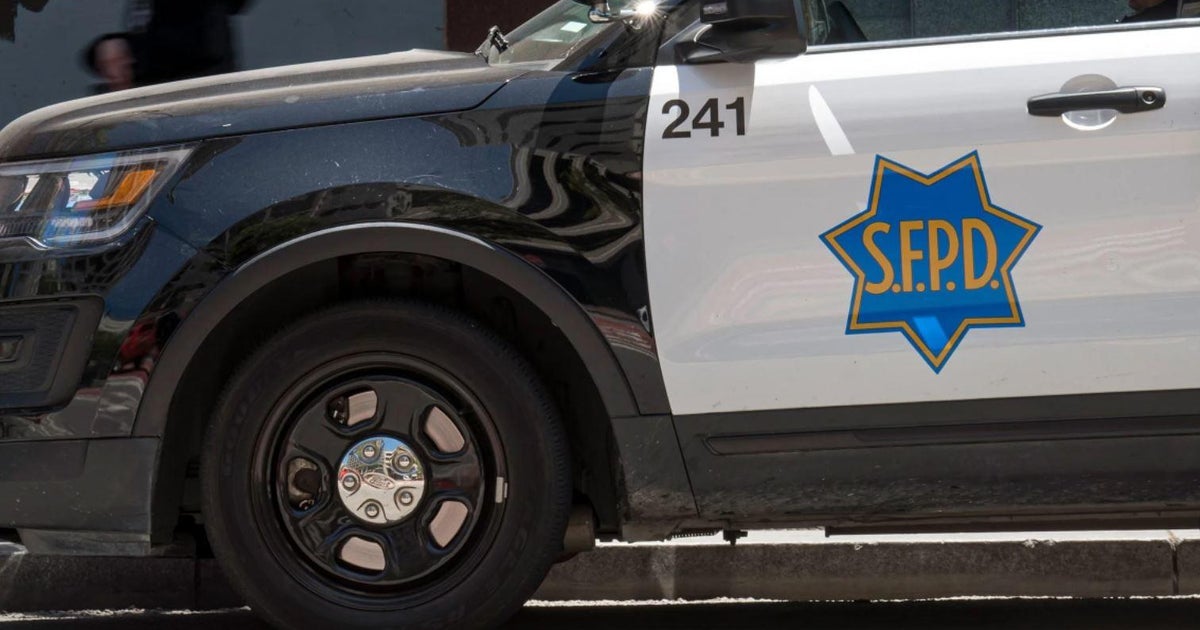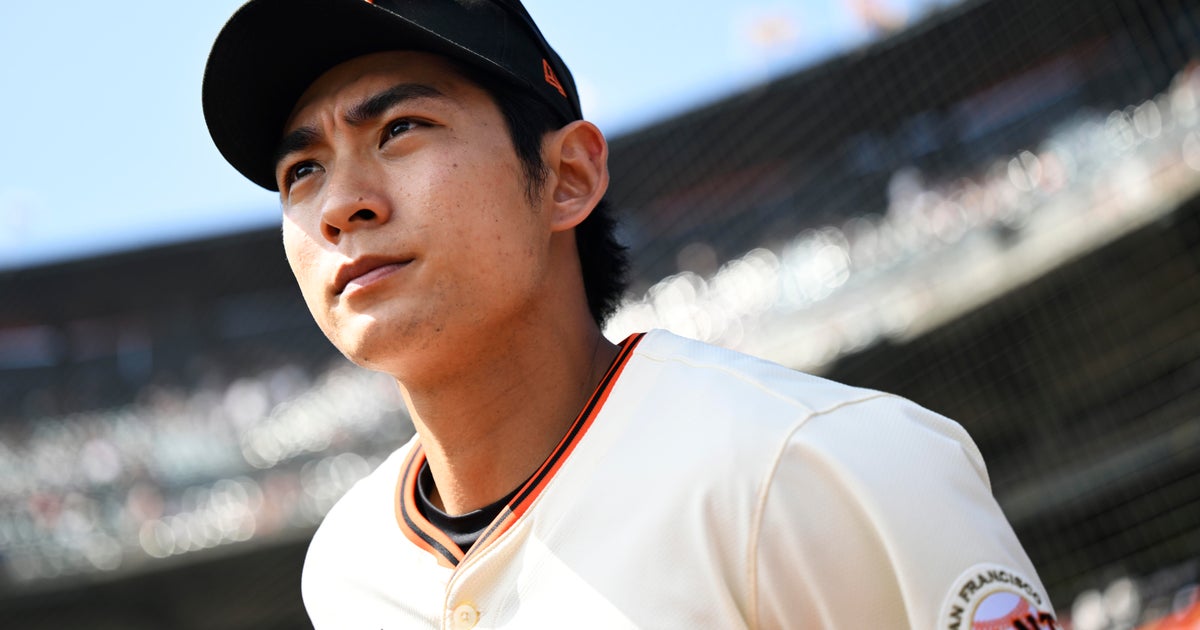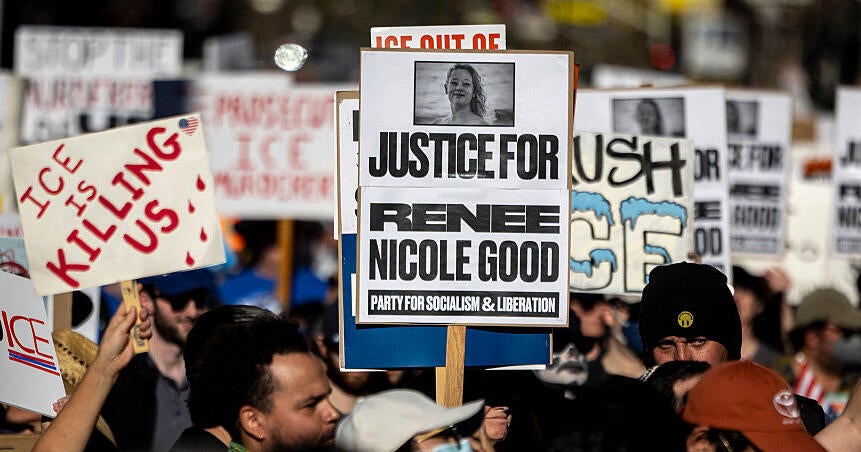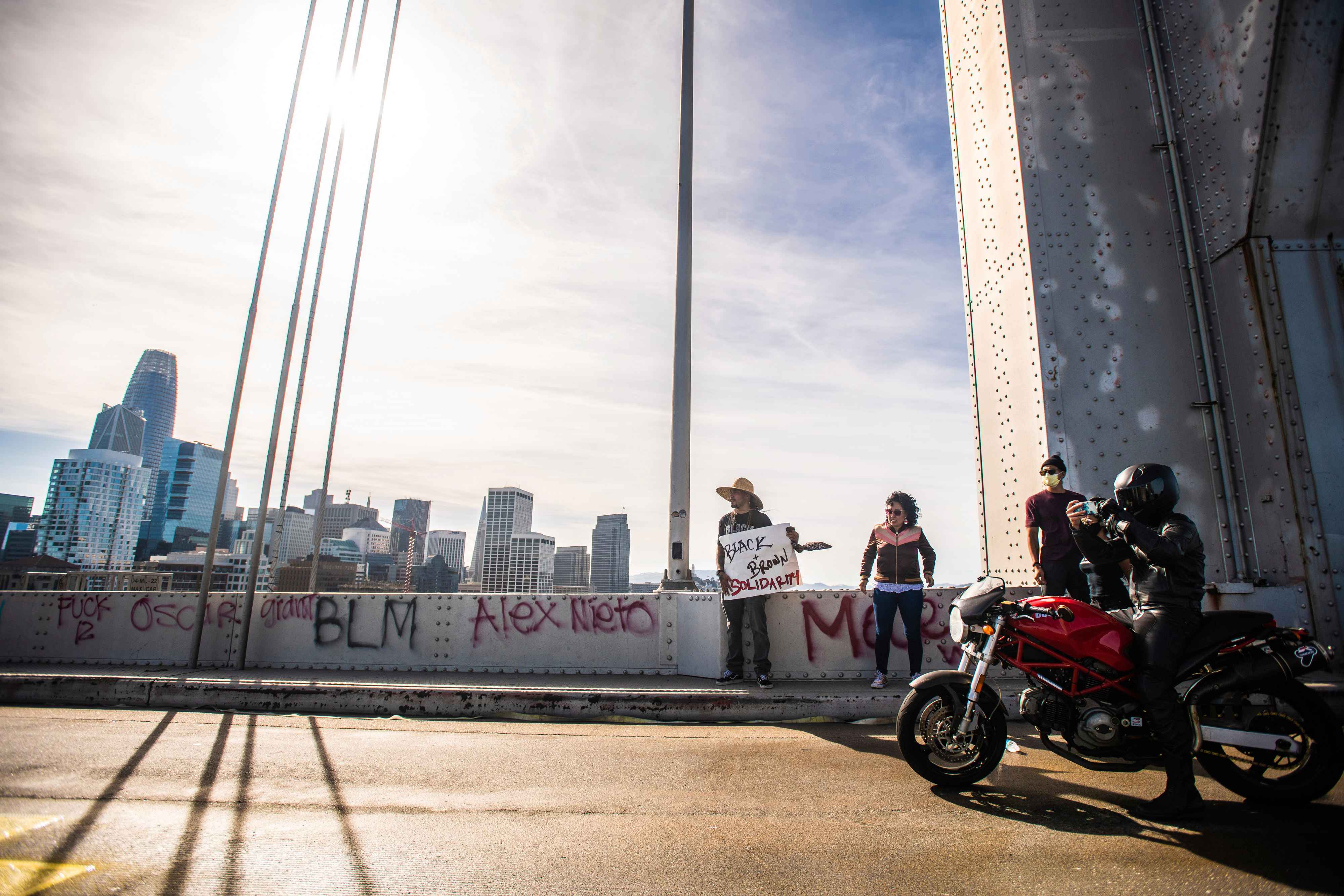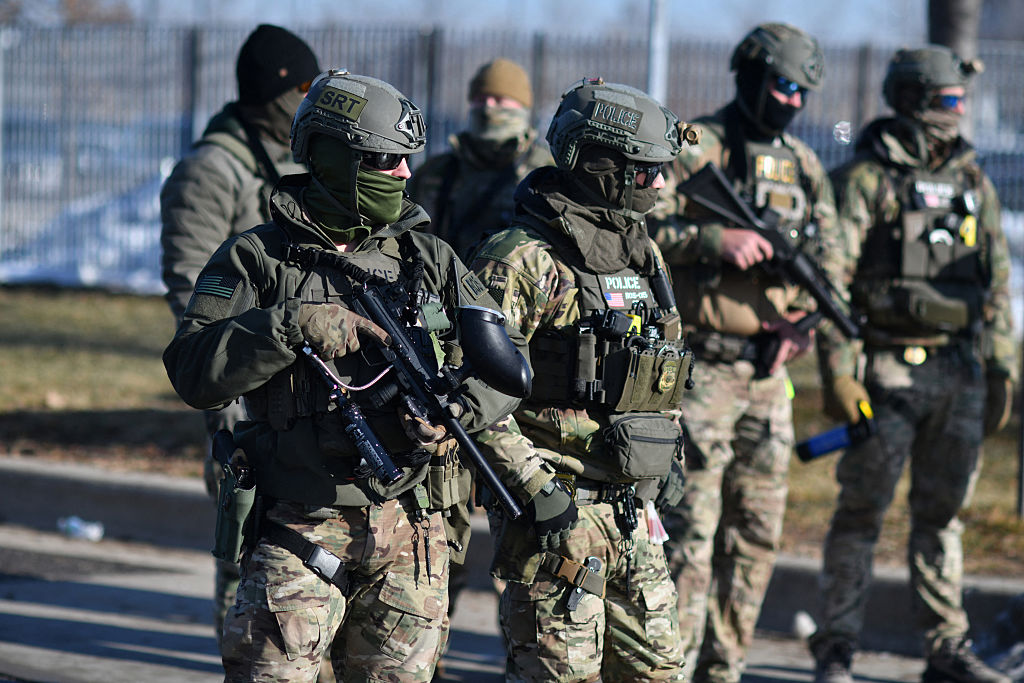Colin Kaepernick talks about the police shooting that led him to protest during national anthem
Free agent quarterback Colin Kaepernick revealed in a new interview that the 2015 shooting death of Mario Woods in San Francisco pushed him to protest police brutality and injustice, and led to his decision to kneel during the national anthem. The remarks were published online in the magazine Paper on Tuesday.
Kaepernick said he felt compelled to take action in response to Woods' death. Woods, 26, who was a suspect in a stabbing, was shot 20 times, including six times in the back, by five police officers in San Francisco's Bayview area. Kapernick, then a quarterback for the 49ers, told Paper he felt "loss, pain and anger."
He and his partner, radio personality Nessa, were inspired to do something about it — and came up with a plan for the Know Your Rights Camp, a youth-based initiative. "The discussion happened shortly after the execution of Mario Woods," he said.
Part of their mission is to help black and other minority youth "gain legal knowledge for navigating all-too-common violent encounters with police officers." They held the first session in the fall of 2016, around the same time Kaepernick first knelt during the national anthem.
Kaepernick also reflected in the interview on the struggles of the Black Panther movement five decades later. "That was over 50 years ago. And what has changed?" he asked, then answered his own question: "Oscar Grant, Rekia Boyd, Michael Brown, Tamir Rice," he said, listing names of people killed by police in recent years. "Laquan McDonald, Sandra Bland, Freddie Gray. The Panthers' demands are still alive today because the police are still killing us today."
The interview was published days after the NFL and Jay-Z's entertainment and sports representation company announced they are teaming up for events and social activism. Eric Reid, a friend and former teammate who protested alongside Kaepernick, slammed Jay-Z for the decision.
"Jay-Z claimed to be a supporter of Colin, he wore his jersey, he told people not to perform at the Super Bowl because of the treatment the NFL did to Colin, and now he's going to be a part-owner," Reid said Friday. "He's sounding despicable."
In 2017, Kaepernick and Reid filed a grievance against the NFL alleging the two remained unsigned because of collusion by owners following the kneeling protest. In February, the NFL and lawyers for Kaepernick and Reid reached a private settlement.
Kaepernick decided not to continue with the 49ers after the end of the 2016 season. However, he recently posted video on social media saying he is ready for his NFL return.
